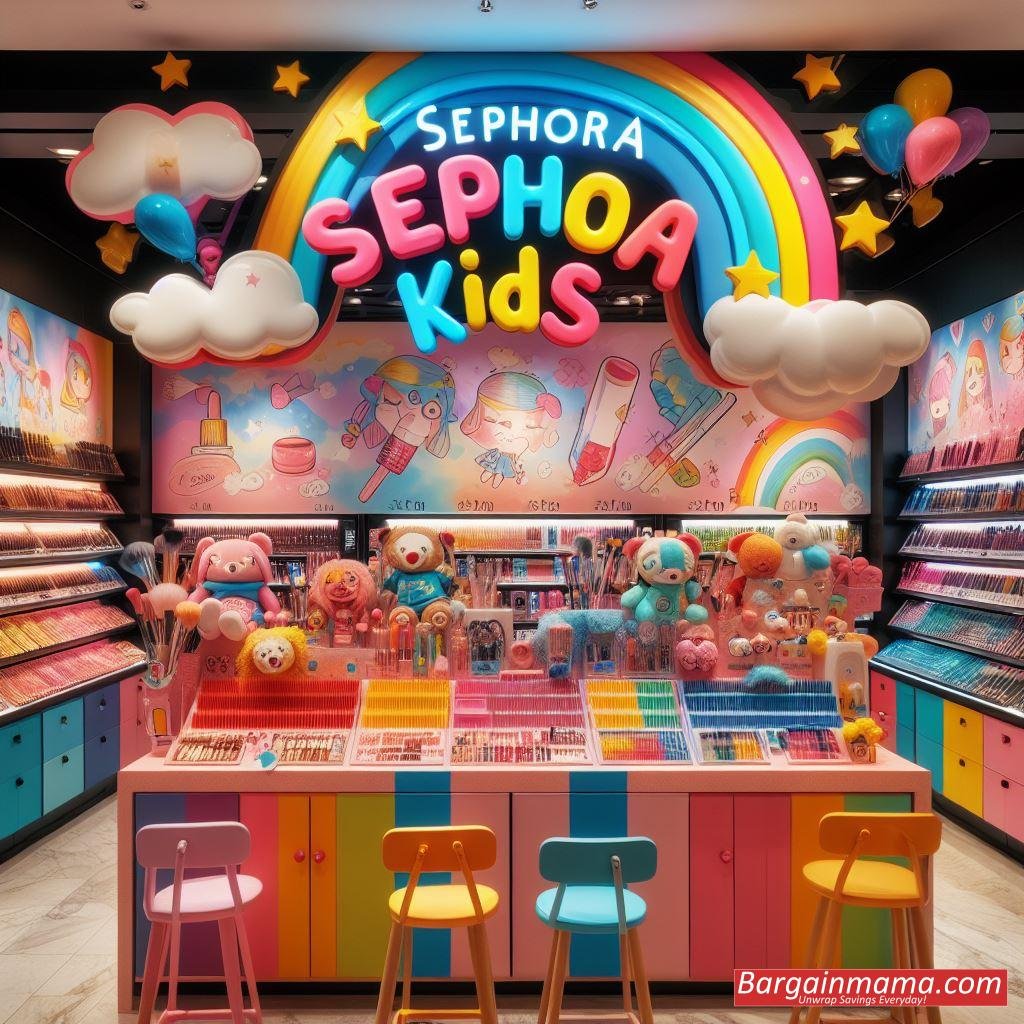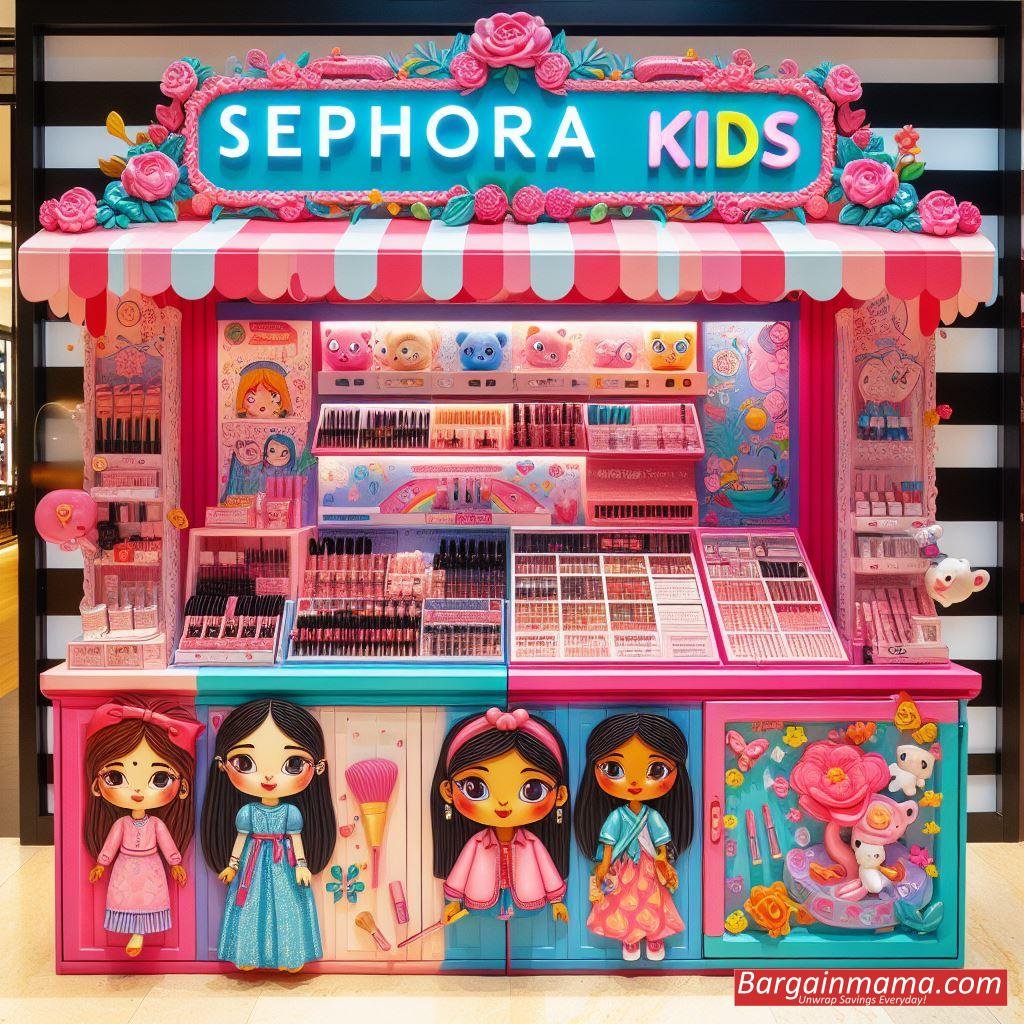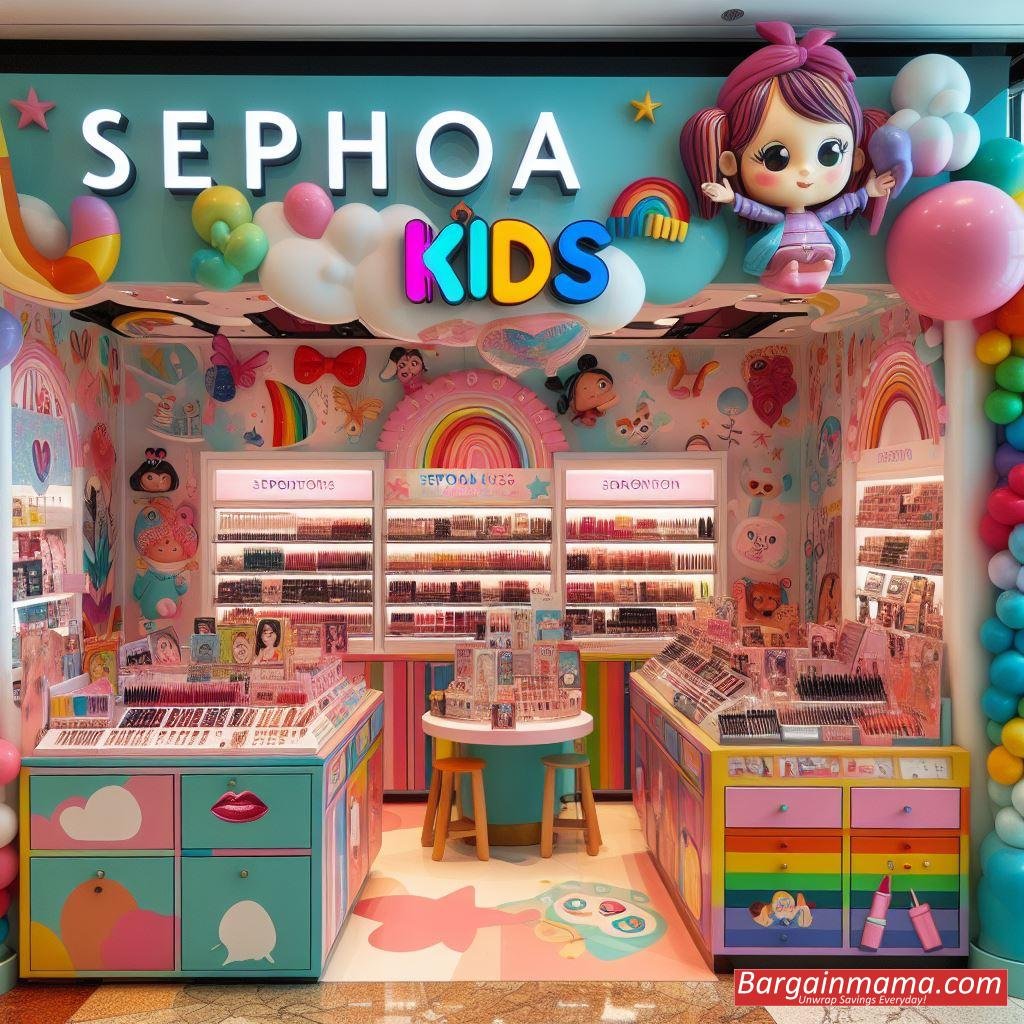A worrisome trend known as “Sephora Kids” has surfaced on TikTok in recent weeks. Several videos depict pre-teen girls, ages 9 to 12, causing mayhem in Sephora and Ulta, among other beauty stores. The viral posts draw attention to problems with influencer culture, social media, and the absence of parental oversight, which can result in harsh interactions with store staff, disruptive behaviour, and pressuring parents to make large purchases of beauty products.

Sequoia Cothran, a Tennessee employee of Sephora, voiced her worries, saying, “You see these kind of mean girl antics from these 10-year-olds.”
Pre-adolescents displaying interest in cosmetic products typically marketed to women and older teens—such as exfoliators and retinol-based anti-aging treatments—is the trend’s more concerning component. Cosmetic chemist Javon Ford cautions that these products may harm younger children’s skin barrier because their skin is still developing.
Experts point out how social media influencers market cosmetic items to a younger audience, which makes kids anxious and low on self-worth. According to psychotherapist Sonia Rodrigues, children are under pressure to fit in and be trendy at a younger age, which is causing record stress levels.

The trend may partly be attributed to the closure of popular tween stores like Justice, Limited Too, and Delia’s, leaving fewer places for tweens to socialize. Calls for age restrictions at beauty stores have gained momentum on TikTok, with some suggesting that Ulta and Sephora should ban anyone under 18.
However, amidst the concerns, there is recognition that girls are maturing earlier with increased access to online information. Some see this as an opportunity for beauty brands and retailers to develop age-appropriate ranges for tweens, emphasizing education and responsibility.
Positively, studies on the subject point out the advantages of teaching girls about healthy skin habits and sun protection at a young age. The creator of Be-Tween skincare products, Namhee Han, believes that this stage offers girls a chance to develop their confidence. She advises parents to have conversations with their children about the influence of social media and body positivity.

As the trend develops, it poses concerns about how young girls’ experiences navigating the world of beauty products are shaped by their parents, influencers, and the beauty industry.



